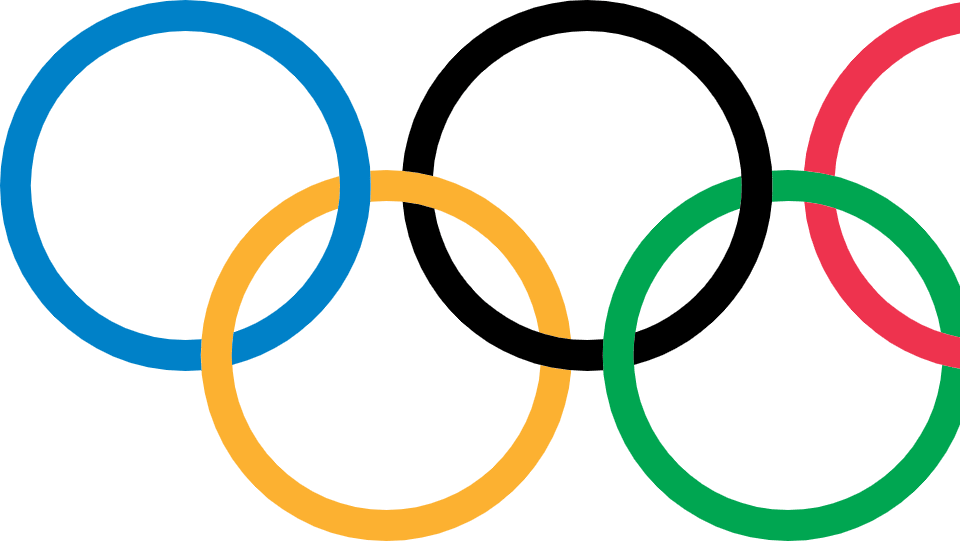IOC Observer Programme provides ‘behind the scenes’ experience for future Games organisers
During each edition of the Olympic Games, the International Olympic Committee invites future Organising Committees to participate in an Observer Programme, which provides a “behind the scenes” look at the day-to-day operational demands of hosting the Games.

This experience – which forms part of the Olympic Games Knowledge Management (OGKM) programme – represents one of the key components of the knowledge transfer process, providing a unique opportunity to live, learn and observe real Games operations through a number of visits to various Olympic sites during Games-time.
The programme allows each future Organising Committee to not only witness how things are done, but also study specific areas so that they can learn and improve upon those subjects within their own organisational and cultural context.
Participants follow a tailored guide to the individual functions of the Games, observing the operation of everything from the Opening Ceremonies, efficient ticketing systems and transport infrastructures to medical facilities and press and media operations.
According to Sochi 2014 President Dmitry Chernyshenko, the experience gained by his Organising Committee during Observer Programmes at the Vancouver 2010 and London 2012 Games – as well as the Innsburck 2012 Winter Youth Olympic Games – was integral to the successful planning for the 2014 Winter Games.
“It is an extremely important part of a host city’s planning and preparation as it provides behind-the-scenes access to the ‘real’ Games and all the highs and lows that inevitably arise,” he says. “About 200 members of the Sochi 2014 team had the opportunity to learn from those who already have experience in staging the Games, about the pitfalls, what works and what doesn’t, through both the Observer Programme and a number of secondments.
“After Vancouver 2010 and Innsbruck 2012, London was the third big opportunity for our team to gain experience of the ‘real’ Games. The exchange of ideas, knowledge and ‘the secrets of success’ were particularly useful. It was very important for us that many of our team had already been involved in organising or observing a big sports event.”
The latest Observer Programme is currently running in Sochi, with more than 370 participants from three Organising Committees of the Olympic Games (Rio 2016, PyeongChang 2018 and Tokyo 2020) and five Applicant Cities for the Olympic Winter Games in 2022 (Krakow (Poland), Oslo (Norway), Almaty (Kazakhstan), Lviv (Ukraine) and Beijing (People’s Republic of China)).